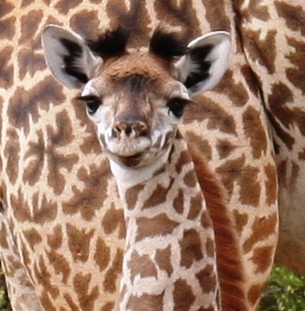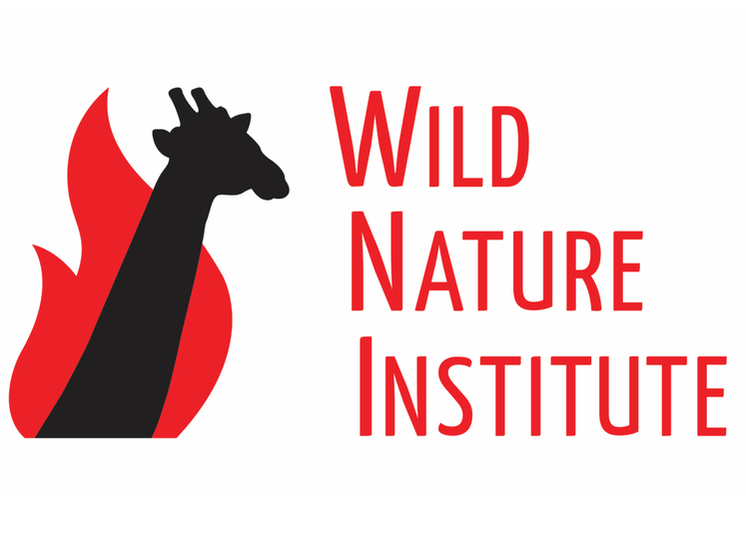|
Western US forests burned by high-intensity fire are important and rare wildlife habitat and must be protected. Widespread policies of salvage logging and logging purported to prevent the likelihood of fire harms this rare habitat in private and National Forests. This video demonstrates the beauty and life found where burned forests are left to wild nature.
0 Comments
We've just returned from our latest round of surveys for giraffes and other ungulates of the Tarangire-Manyara savanna ecosystem. We are in our third year and this marks our fifth full survey. During each month-long survey we cover all the roads in our study area, which includes two national parks, a private ranch, and two Game Controlled Areas. We are investigating movement and comparing survival and reproduction of giraffes among the different parts of our study area and among different seasons. We are also quantifying seasonal and spatial density of 20 ungulate species and identifying movement corridors for migratory animals such as wildebeests and zebras. We spend a lot of time in the field which means we are lucky to see lots of animals, from glorious birds to playful monkeys to predators like leopards, lions, cheetahs, and hyenas. Please enjoy some photos from our latest surveys. The Sacramento Zoo has chosen the Wild Nature Institute's Masai Giraffe Conservation Project for their 2013 Quarters for Conservation program (click here to see the zoo's Quarters for Conservation website). As you enter the Zoo, you receive a token enabling you to vote for a conservation project of your choice–your vote helps us determine how much funding each project receives. We are one of three projects chosen to receive funding based on how many votes are cast for us. If you visit the Sacramento Zoo this year, please vote for our project! THANK YOU SACRAMENTO ZOO!
|
Science News and Updates From the Field from Wild Nature Institute.
All Photos on This Blog are Available as Frame-worthy Prints to Thank Our Generous Donors.
Email Us for Details of this Offer. Archives
July 2024
|
|
Mailing Address:
Wild Nature Institute PO Box 44 Weaverville, NC 28787 Phone: +1 415 763 0348 Email: [email protected] |
|


 RSS Feed
RSS Feed
